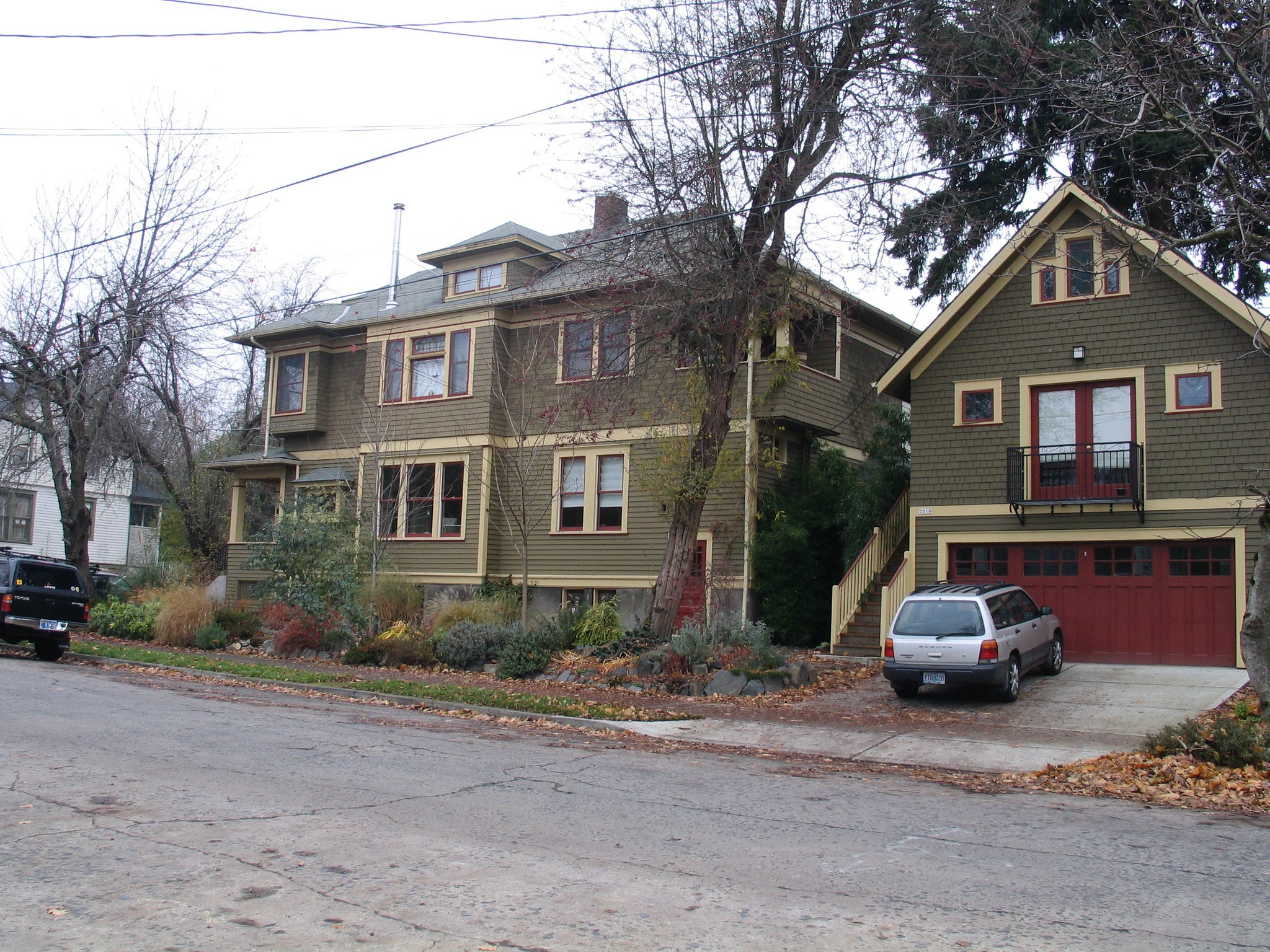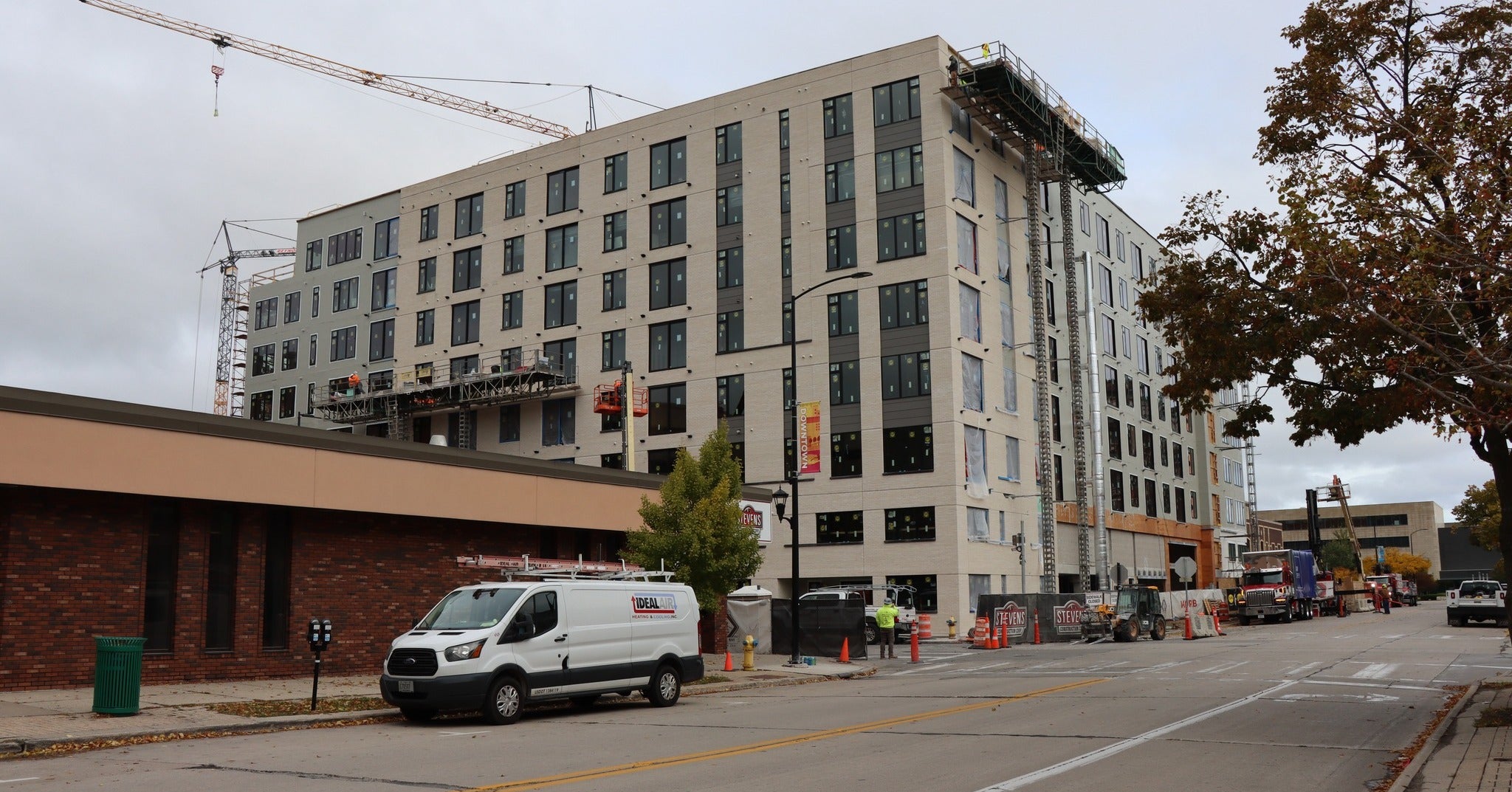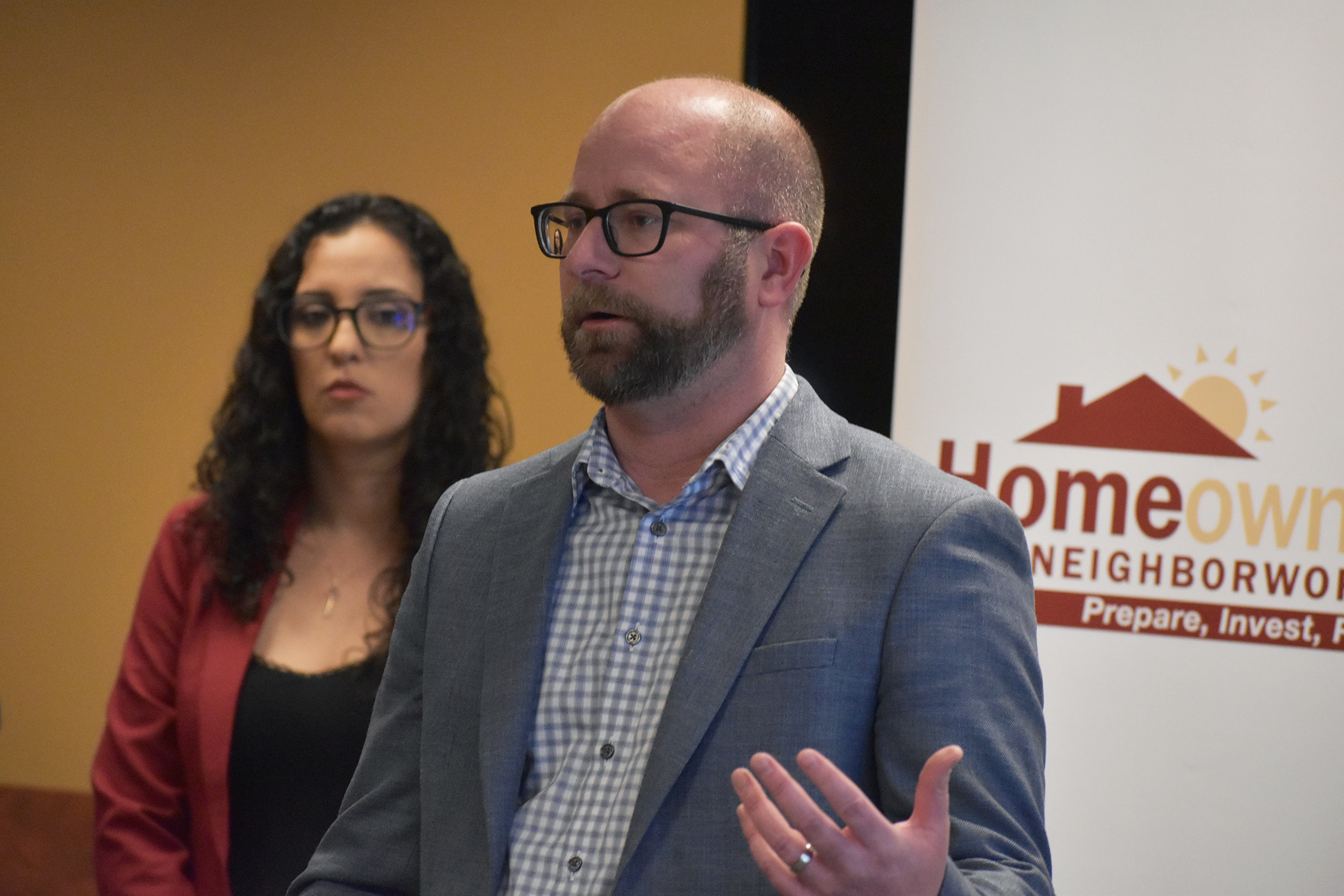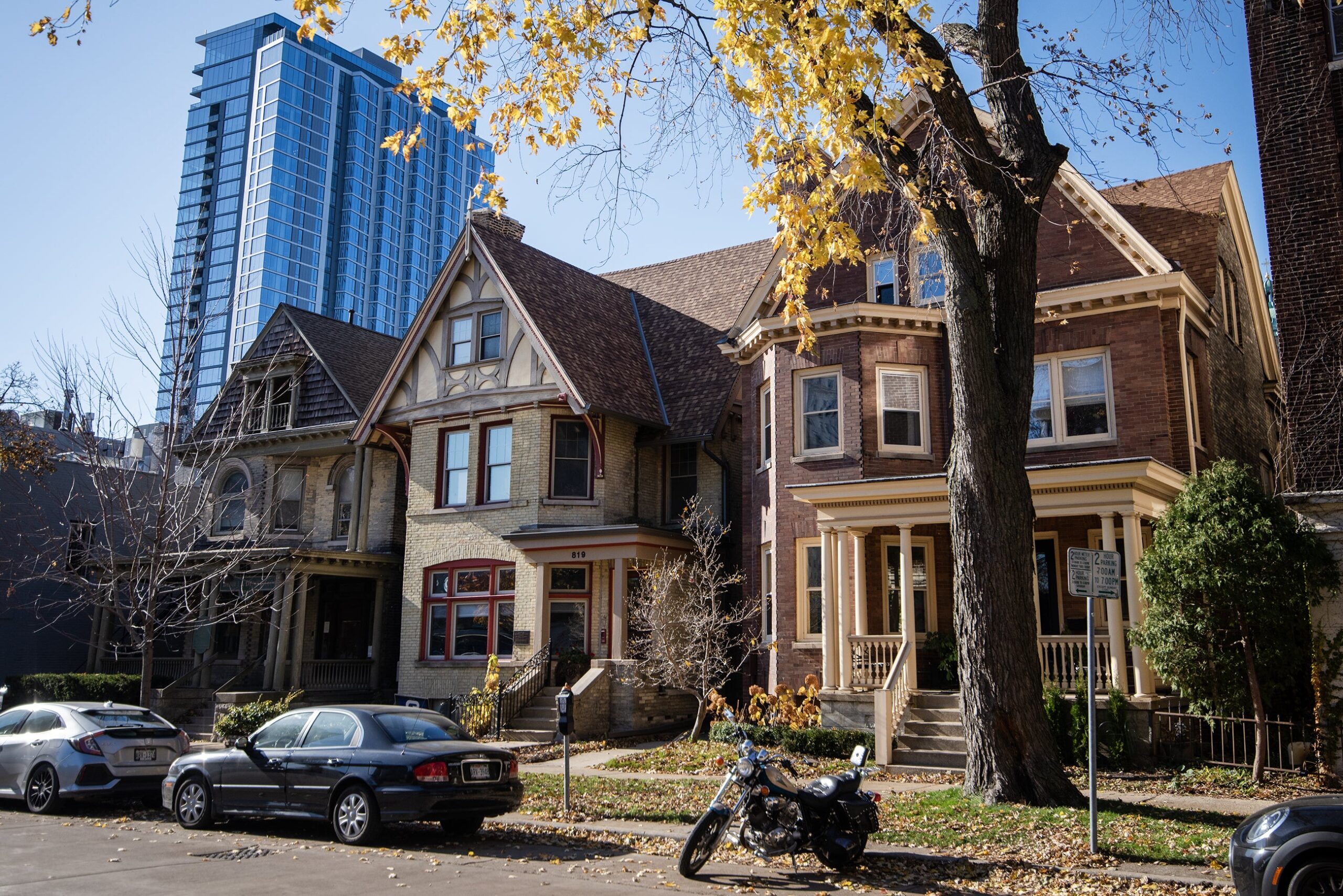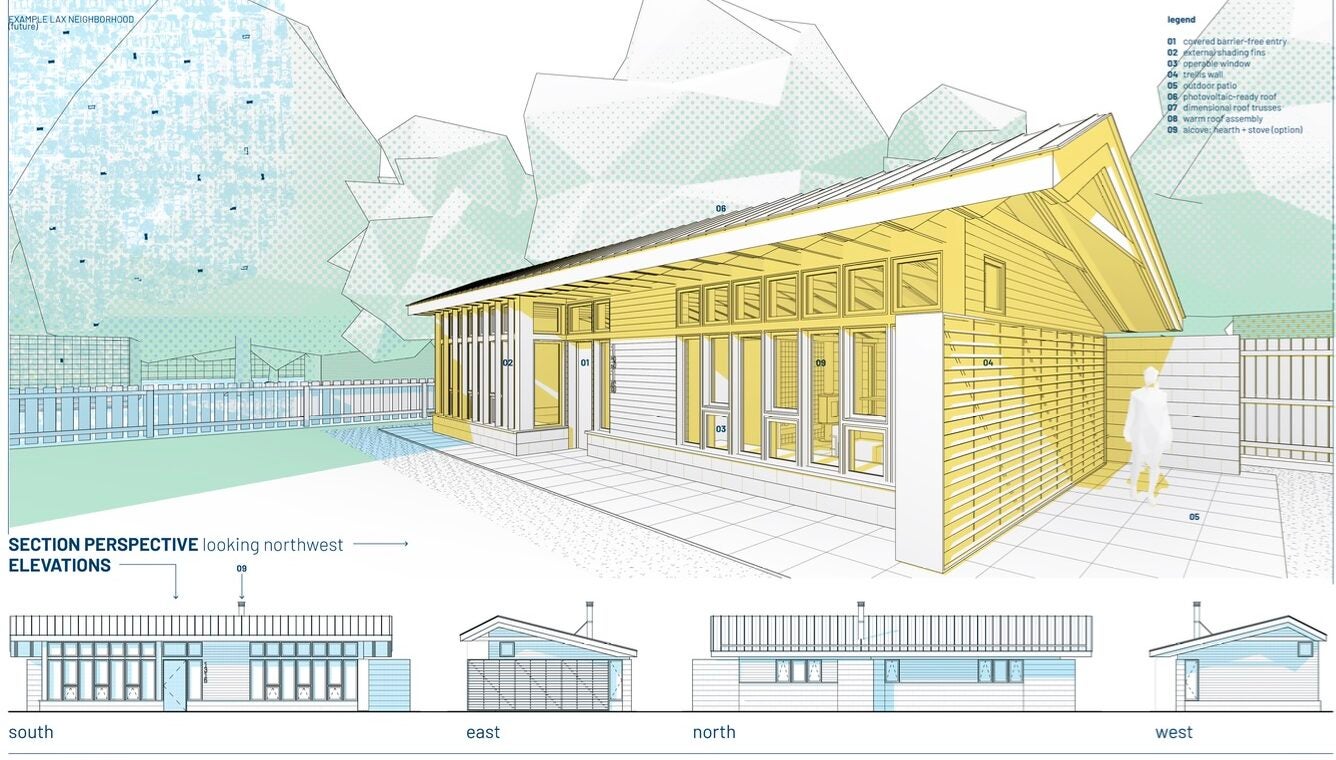Some Wisconsin communities — both rural and urban — are loosening regulations for accessory dwelling units, or ADUs, as they deal with affordable housing shortages.
Accessory dwelling units, sometimes called mother-in-law suites or granny flats, are self-contained housing on the same property as another residence. They are apartments with a kitchen, bath and sleeping area.
Dunn County in northwestern Wisconsin started allowing ADUs for the first time in August.
News with a little more humanity
WPR’s “Wisconsin Today” newsletter keeps you connected to the state you love without feeling overwhelmed. No paywall. No agenda. No corporate filter.
Kris Korpela, county manager for Dunn County, told WPR’s “Wisconsin Today” that a housing study found the county needs more options of all types. Accessory dwelling units seemed like a good possibility to address some of that need.
Korpela said she heard from people who expressed interest in accessory dwelling units for a variety of reasons. There are parents of disabled teenagers who want them to be able to have some independence as they grow older, aging parents who want to live close to their adult children, and adult children who want to live near their aging parents.
“There are a lot of creative ways in which people could use that additional space,” she said.
The city of Madison also recently loosened ADU regulations. Previously, the units were only allowed to be built on owner-occupied single- or two-family homes. Now, ADUs can be built on multi-building lots that contain up to eight units.
Since the zoning change, “we’re definitely getting more inquiries from people,” Katie Bannon, Madison’s zoning administrator, told “Wisconsin Today.”
Although the new zoning rules will make it easier to build ADUs in Madison, builders are still not always comfortable with taking on ADU projects, which can be logistically challenging and costly, Bannon said.
An analysis by the John Burns Research and Consulting group found that although they’re increasing in popularity, ADUs tend to be high-cost projects that don’t do much to address affordable housing shortages.
Bannon and Korpela are both aware that ADUs are not a panacea.
“It’s just one piece of the puzzle, really,” Bannon said.
“I think over time … [ADUs]… offer one more option. … And then every person that’s housed is one less person who’s out there looking for a house,” Korpela said.
Wisconsin Public Radio, © Copyright 2026, Board of Regents of the University of Wisconsin System and Wisconsin Educational Communications Board.
